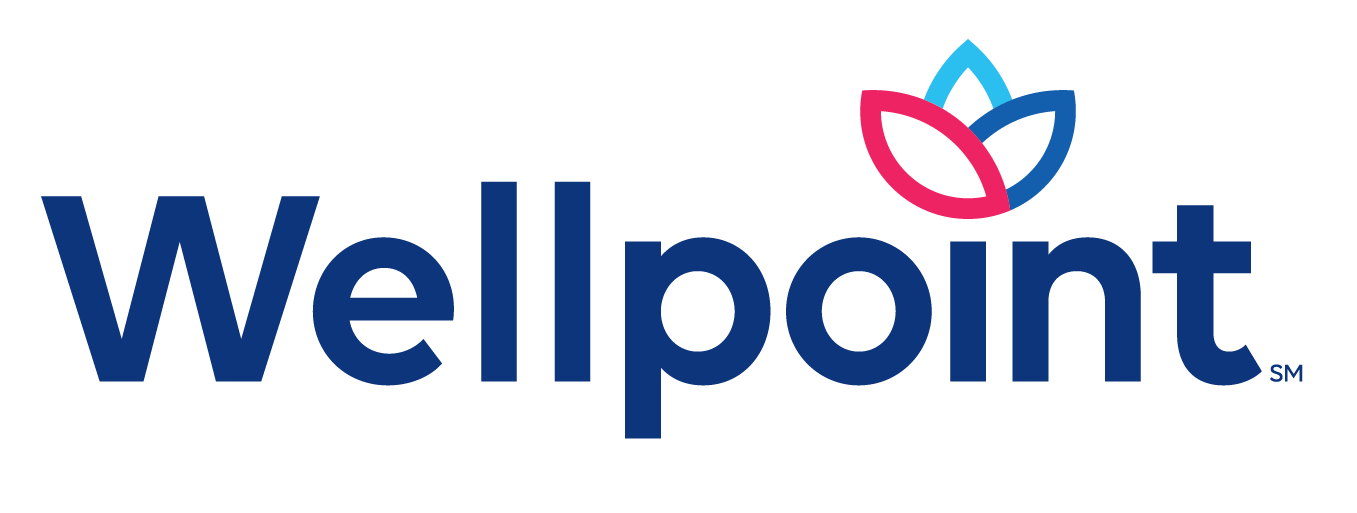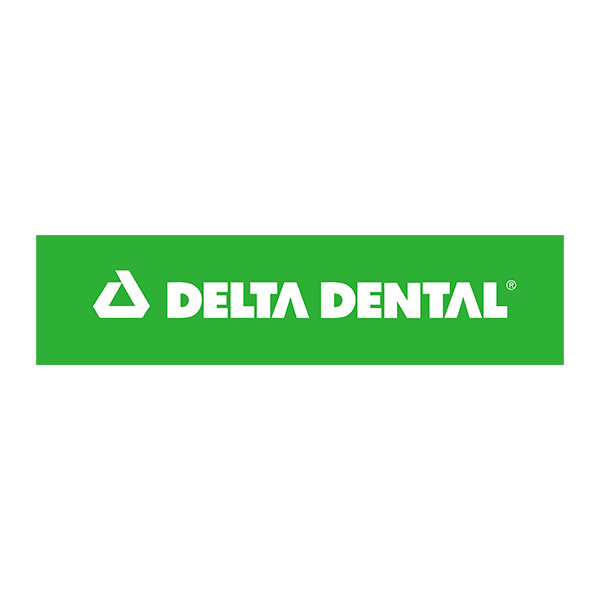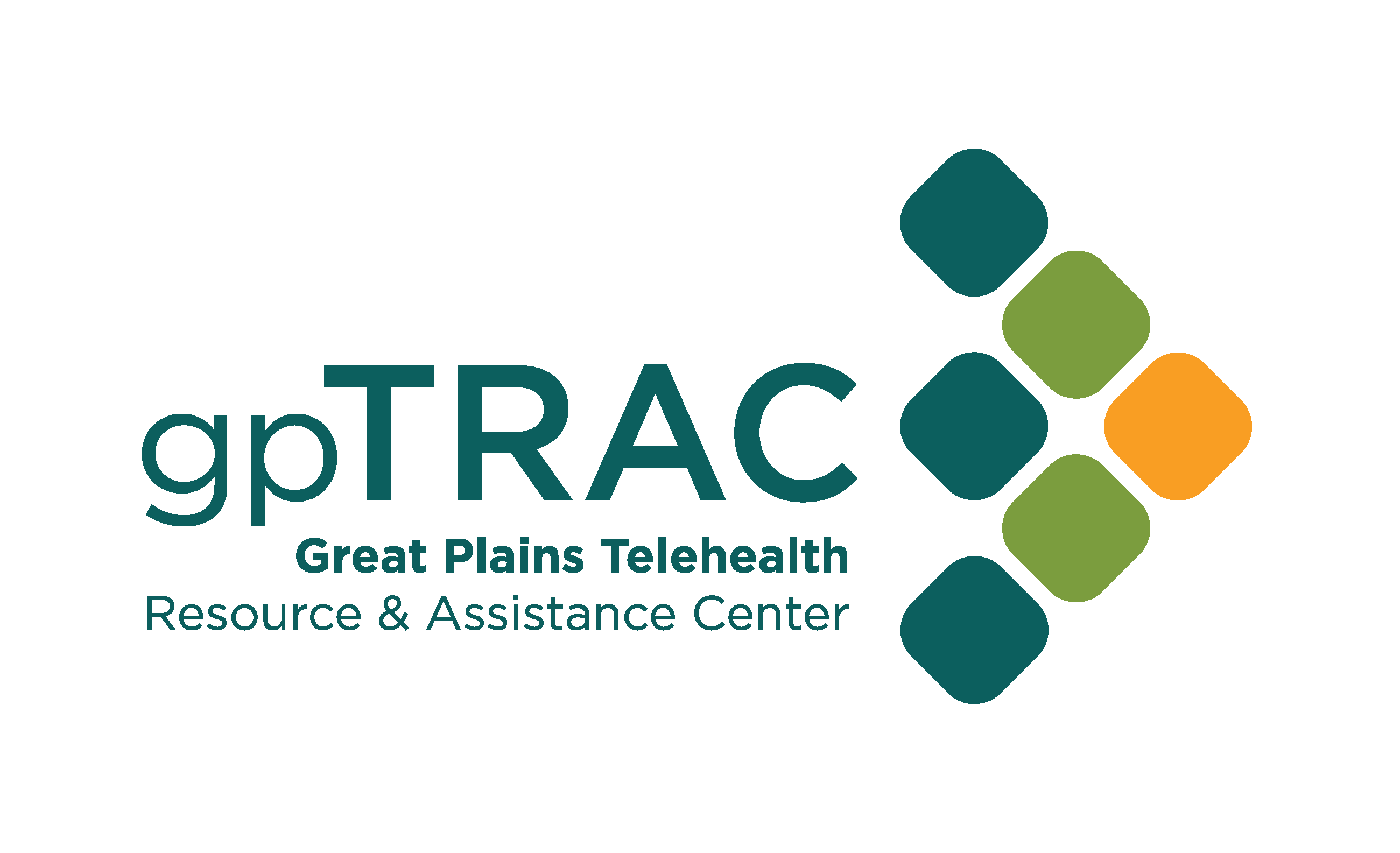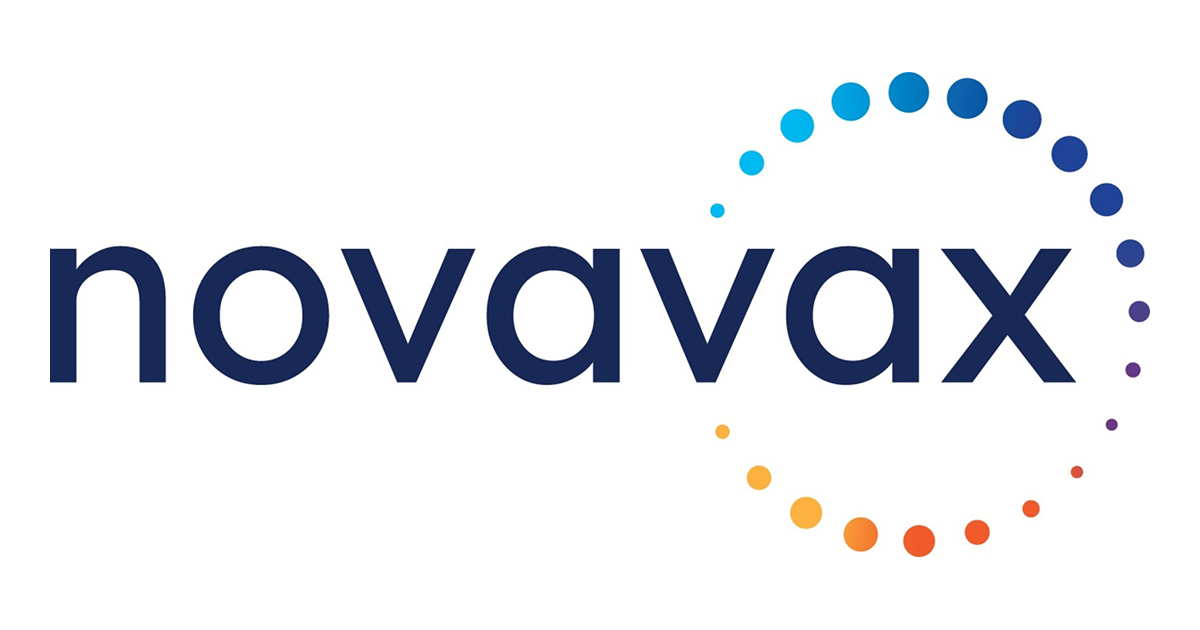It can be easy for colorectal cancer to go untreated for too long. Some patients feel embarrassed to be tested or may be unaware that they are at risk. Colorectal cancer is one of the most common cancers, with over 145,000 estimated diagnoses in 2019. Luckily, despite its lethality, patients who are screened early have a significant chance of survival. To increase colorectal cancer screening among at-risk patients, the Iowa Department of Public Health developed a pilot program to encourage patients to get screened. Several of Iowa’s community health centers participated in the program.
Of all the clinics throughout Iowa that participated in the program, Eastern Iowa Health Center (EIHC) had the highest utilization rate, with 27 patients watching the videos and completing the post-evaluation survey. The pilot project encouraged patients at risk of developing colorectal cancer to get a screening by showing them different educational videos based on their existing level of knowledge of the colon and colorectal cancer.
The majority of EIHC’s campaign for the pilot project took place from May 1st to July 1st. During this period, they increased colorectal cancer screening rates from 43.4% to 48.1%, a 4.7% increase. Their goal for 2019 is 53%, which they are on track to hit due to the hard work and dedication of the EIHC staff. Their staff coordinated with one another to ensure patients at risk of developing colorectal cancer who had not been screened were shown the videos explaining its importance.
A higher screening rate means more patients get the care they need before it’s too late. Many patients reacted positively to the information in the video and were convinced to receive a screening for colorectal cancer. Jeff, a 57-year-old participant in the program, said “I liked the video. I got knowledgeable information. I was not sure if I should watch this when you asked. I am glad I did. I will talk to the doctor and do it now.”
“We can really save our patient’s lives if we find this early on”, said Haley Fernandez, one of the staff members who implemented the pilot project at EIHC. “It’s definitely our role in the health care environment to make sure we’re educating our patients.”
This is just one of many examples of how health centers are providing necessary, cost-effective care to their communities through innovative programs. Their integrated care models allow medical staff to catch conditions like colorectal cancer early, when they can still be treated. This leads to lower costs and better outcomes. Congratulations to the Eastern Iowa Health Center for leading the way on this great practice!


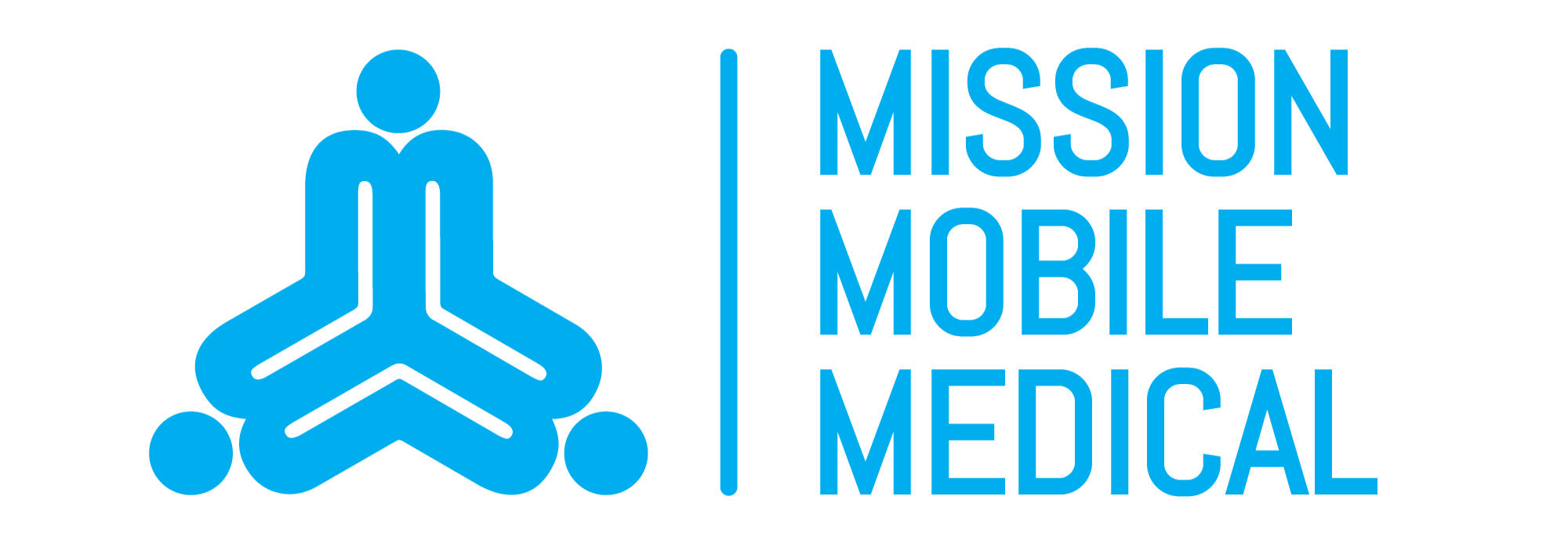

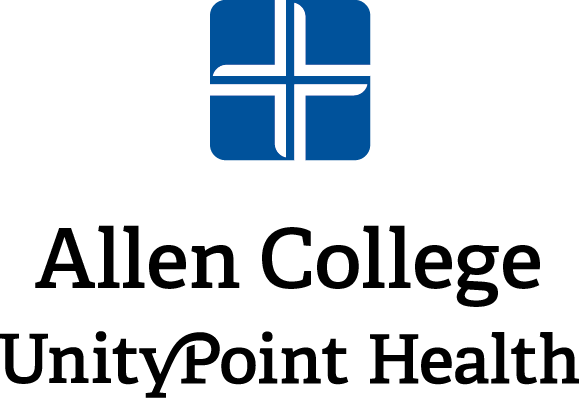






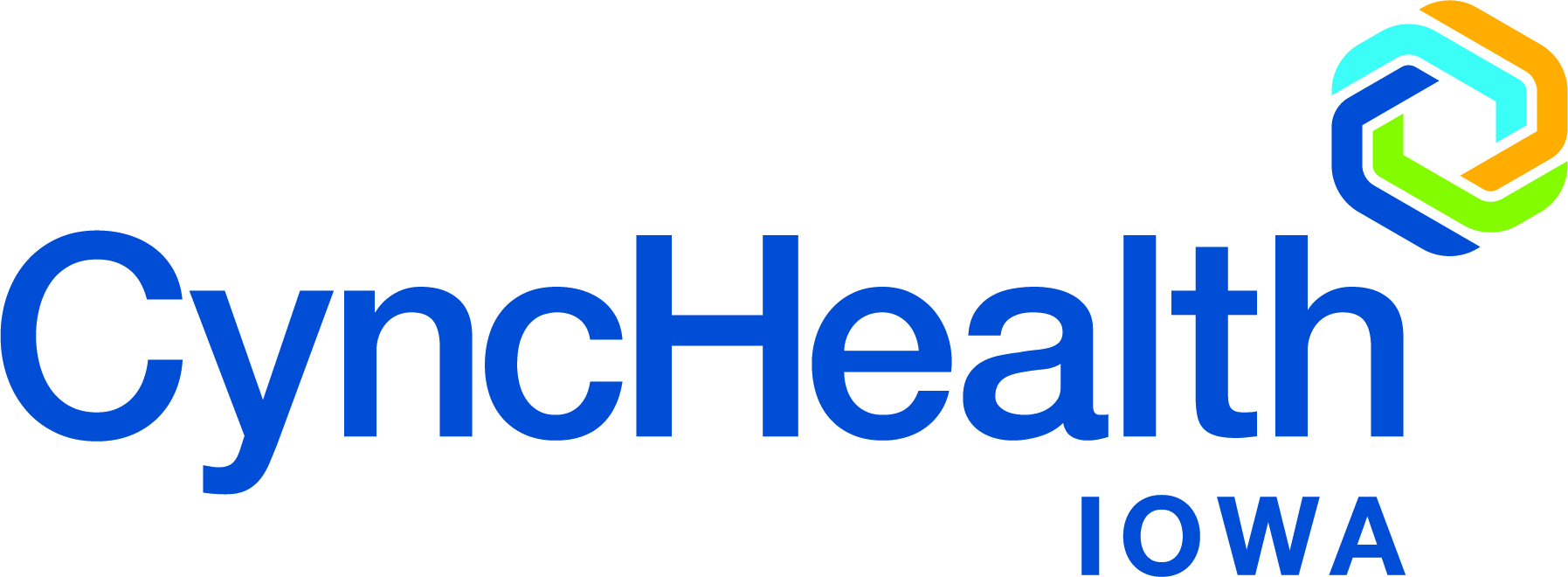

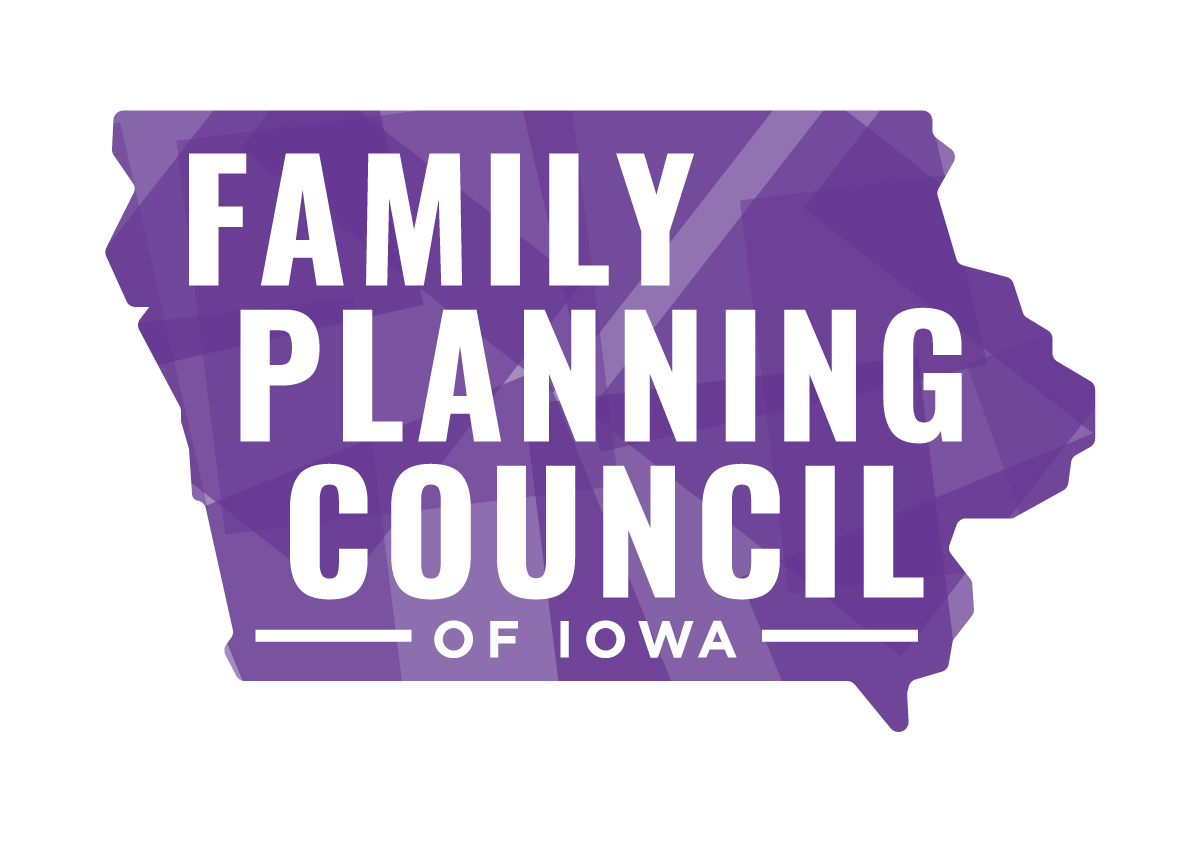




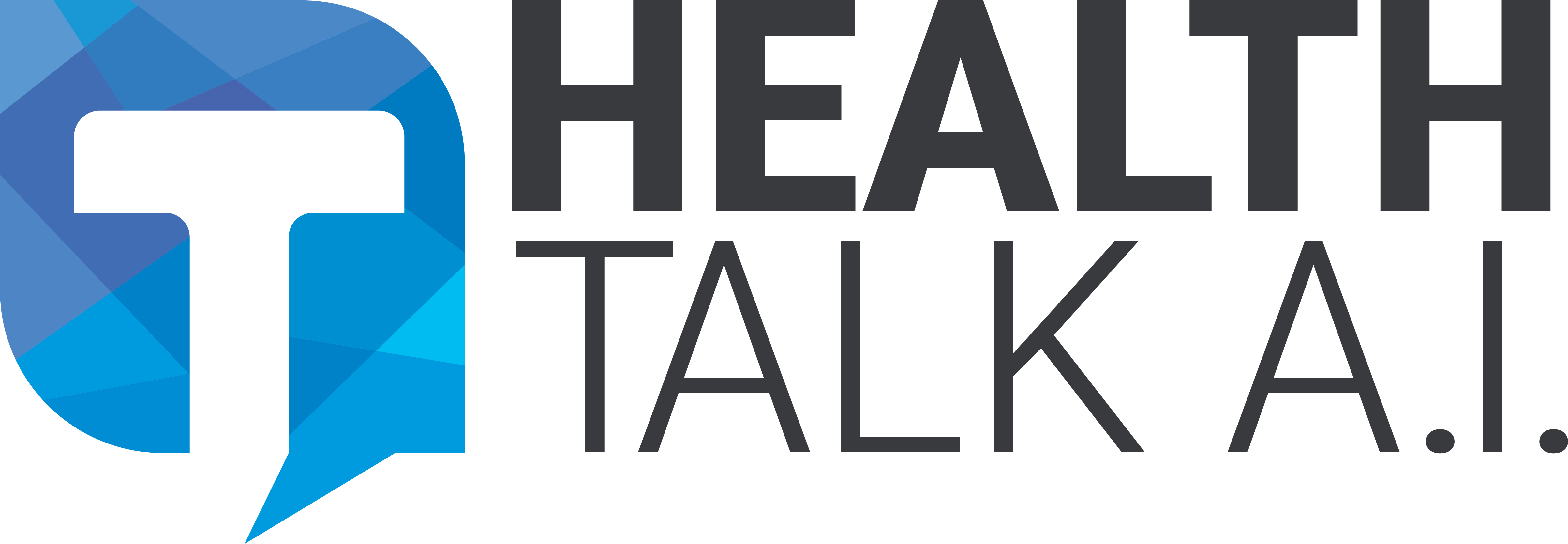
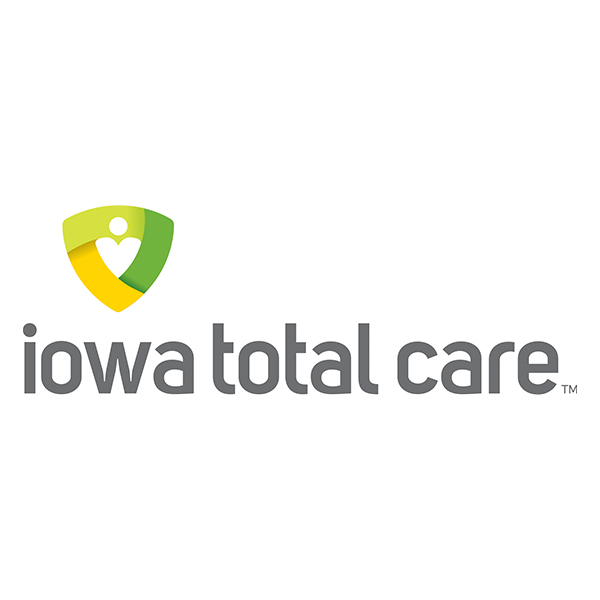




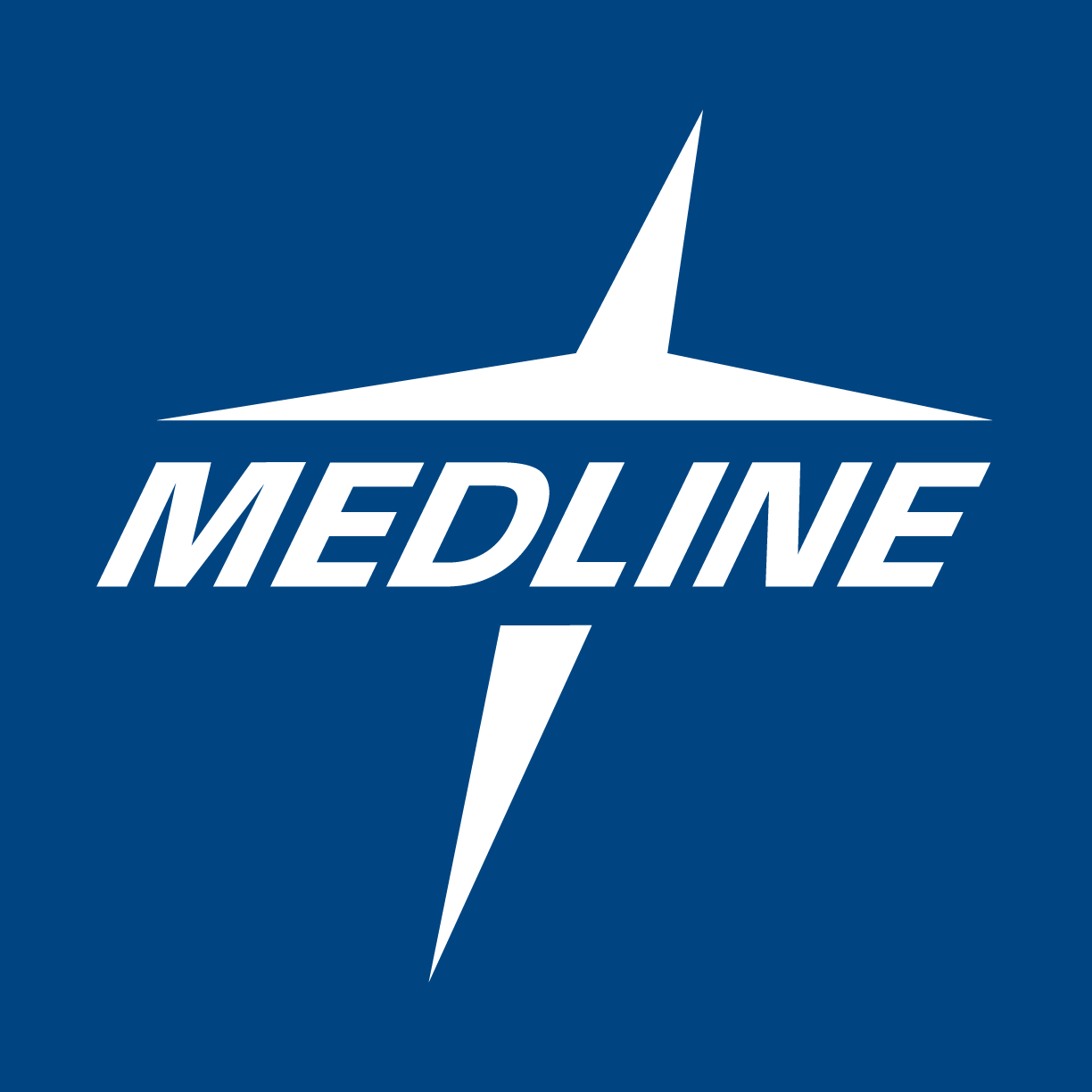


.png)







